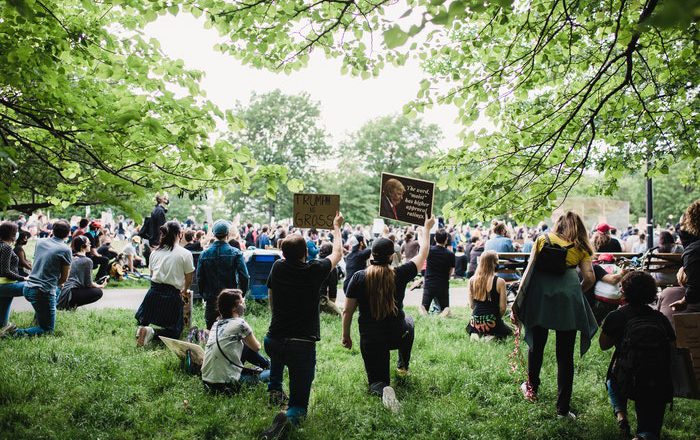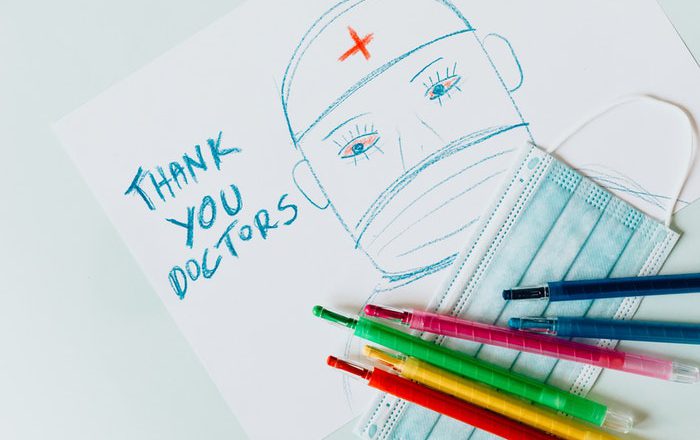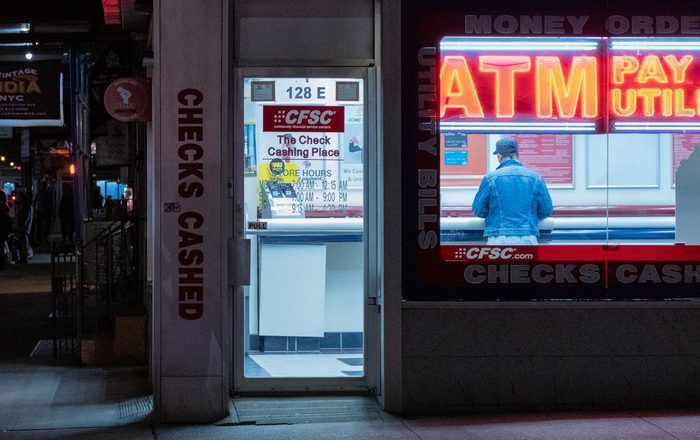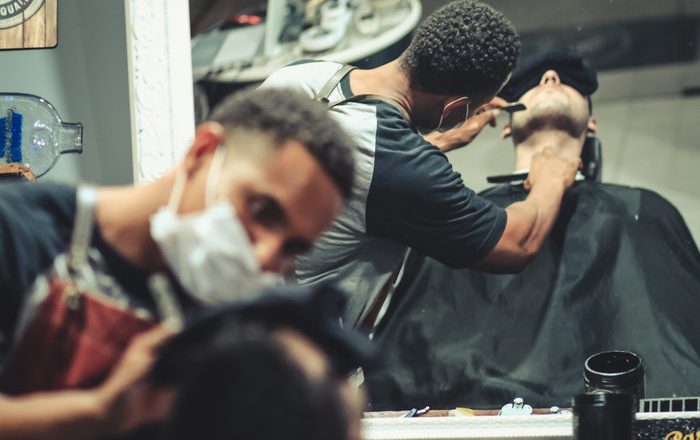Social networks aim to erase hate but miss the target on guns
As Facebook faces down a costly boycott campaign demanding the social network do more to combat hate speech, CEO Mark Zuckerberg recently announced plans to ban a “wider category of hateful content in ads.” Twitter, YouTube and Reddit have also taken additional steps to curtail online hate, removing several inflammatory accounts.
But as social networks refine their policies and update algorithms for detecting extremism, they overlook a major source of hateful content: gun talk.
As a researcher of online extremism, I examined the user policies of social networks and found that while each address textbook forms of hate speech, they give a pass to the widespread use of gun rhetoric that celebrates or promotes violence.
In fact, the word “gun” appears but once in Facebook’s policy on “Viole...









